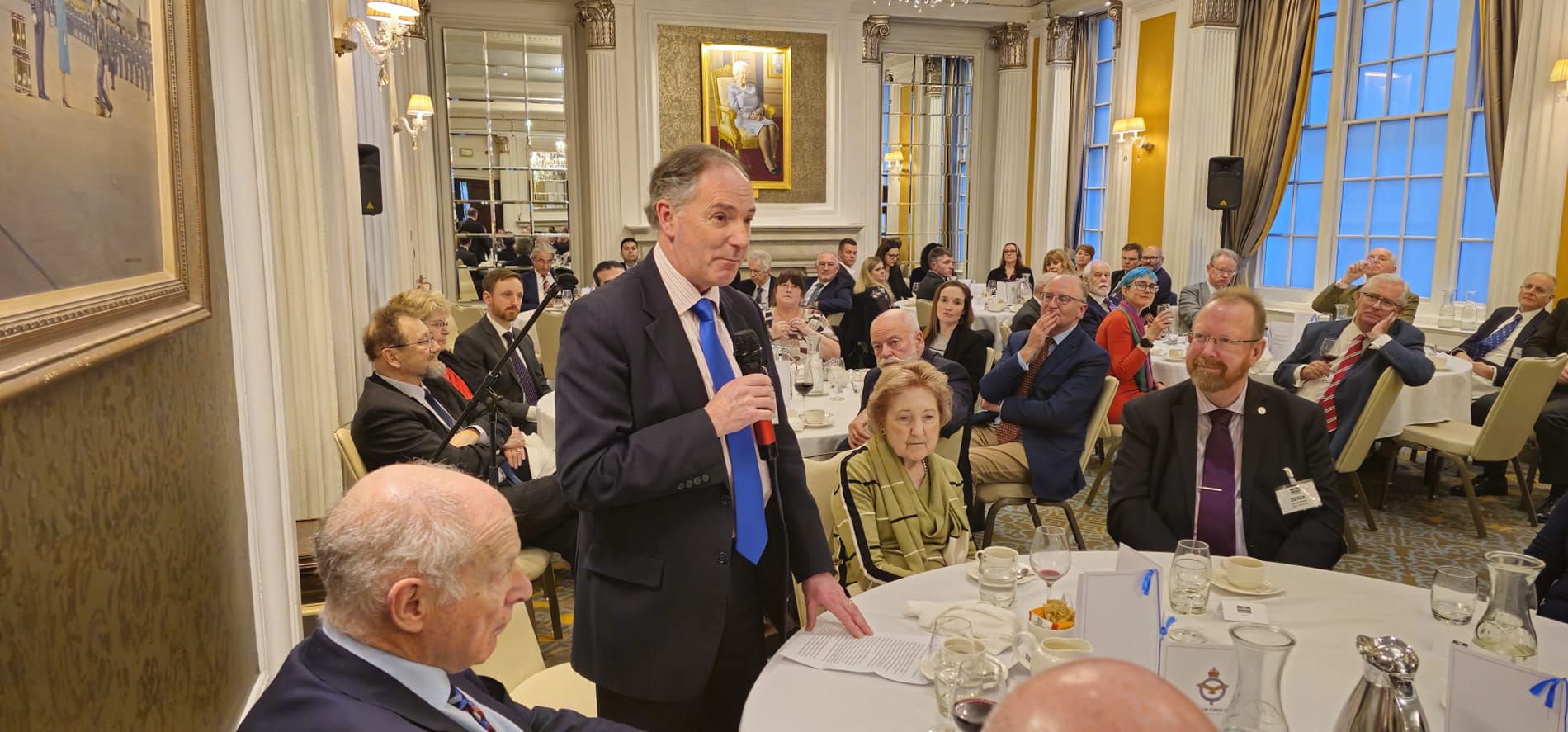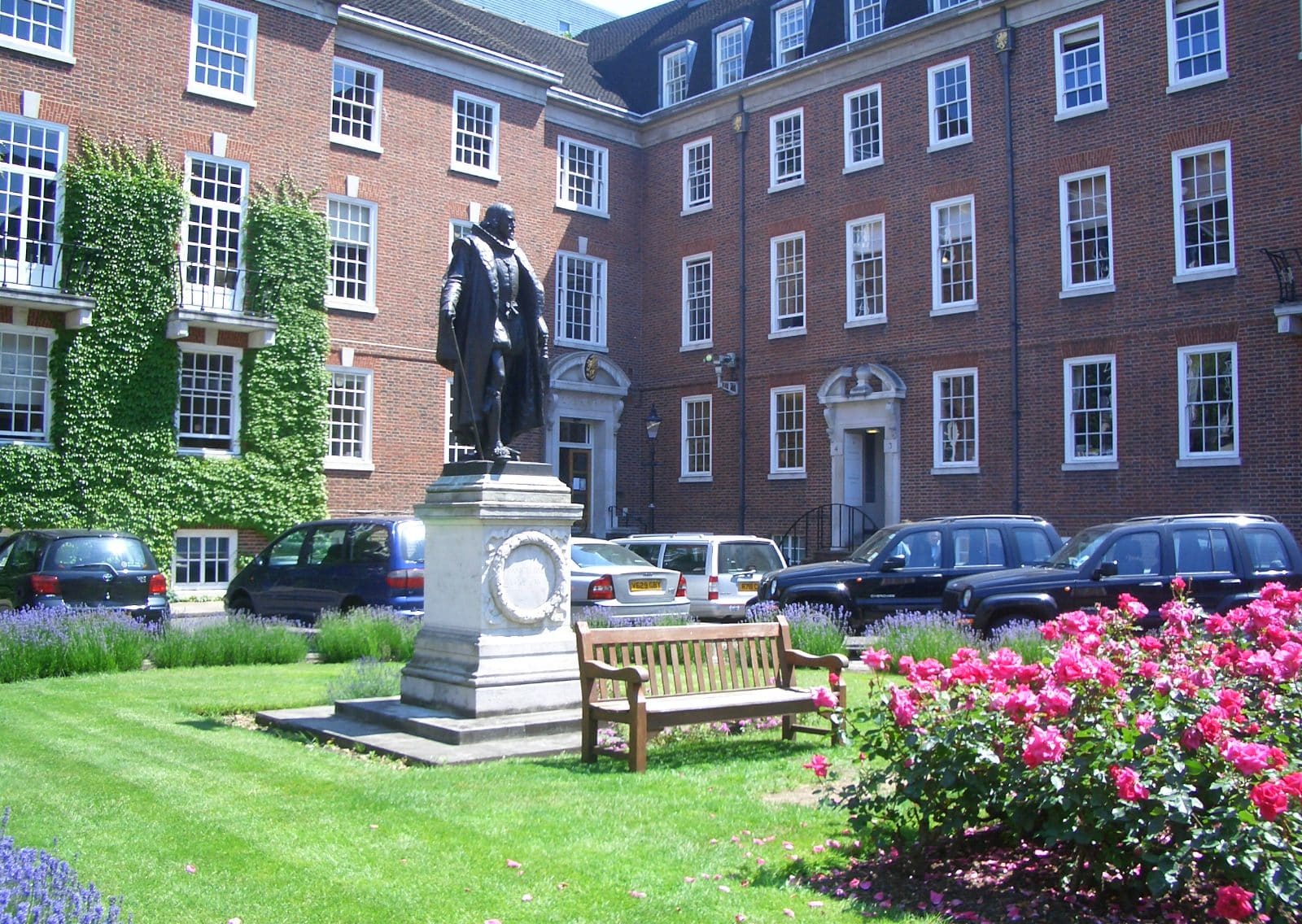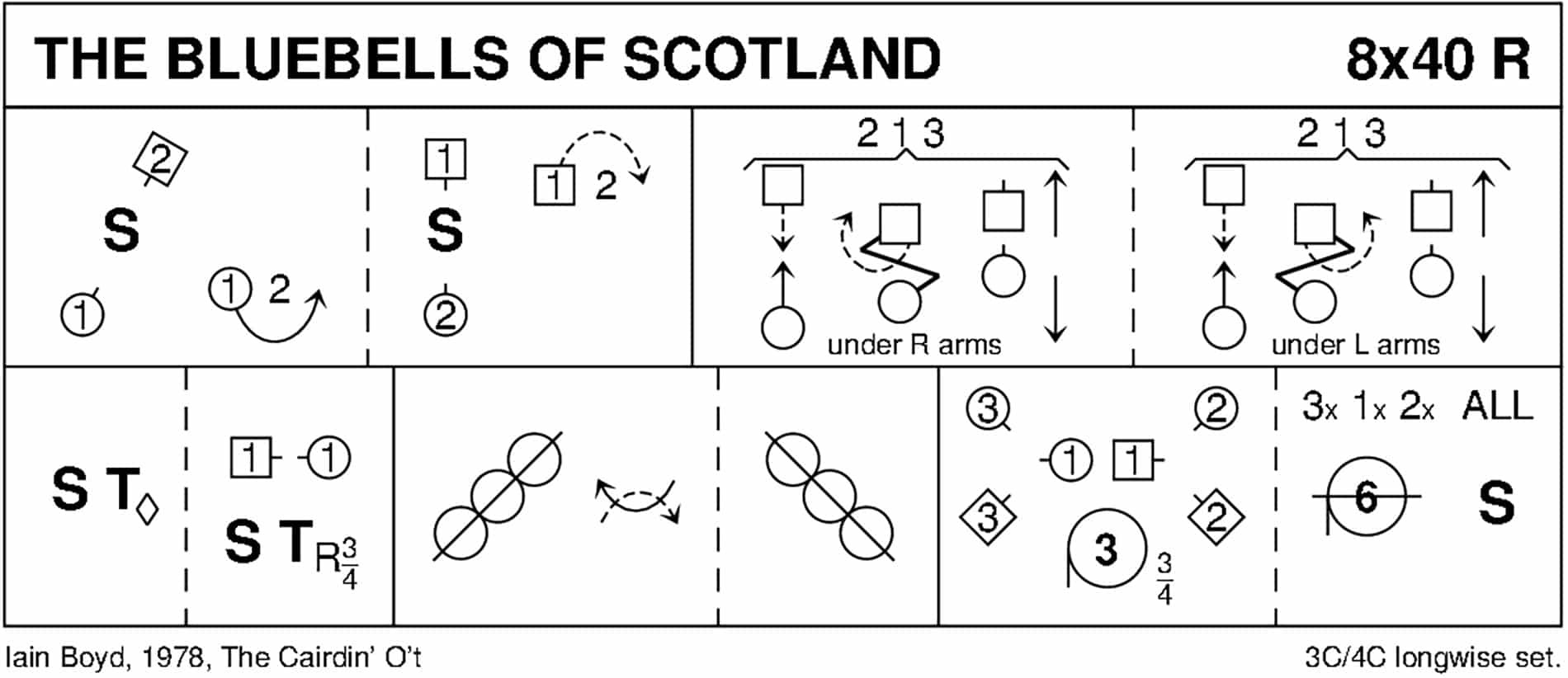Summer events round-up. Now the clocks have ‘sprung forward’ and the promise of spring is in the air it seems a good time for a reminder of our events programme for the next few months. As well as our program of training for new experts (plus advanced training on Expert Determination for established experts) the summer programme includes plenty of in-person opportunities to learn and catch up with other experts;
16th May Golf Day
20th May Expert Witnesses & Conflicts of Interest
11th June President’s Dinner
17th June London Legal Walk
1-2nd July Expert Determination (Online)
25th July Gray’s Inn Garden Party
It’s also worth remembering that the first week in June sees London International Disputes Week taking place, with a wide range of events including discussions on AI, construction & aviation disputes and the competing claims of litigation vs arbitration. As always there are opportunities to learn and meet with lawyers from all over the world. Experts who work with in-house counsel rather than external lawyers might also find Crafty Counsel’s conference in the same week useful, the agenda is packed with short sessions on a wide range of topcis including eomployment, privacy, shareholder disputes & construction.
Our picture is from Airedale Springs, The History of Springs in Watchmaking.










